Stanford’s 2016 Cuthbertson, Dinkelspiel and Gores awards honor faculty, staff and students
Five members of the faculty, a staff member in academic advising and three students, including an undergraduate earning a coterminal master's degree and two PhD candidates, will receive awards on Sunday, June 12, at the 125th Commencement.
Nine members of the Stanford community have been named 2016 Cuthbertson, Dinkelspiel and Gores award winners, which honor individuals for exceptional contributions to Stanford, for distinctive contributions to undergraduate education and for excellence in teaching.
This year’s winners will receive their awards on Sunday, June 12, during the 125th Commencement ceremony.
Cuthbertson Award
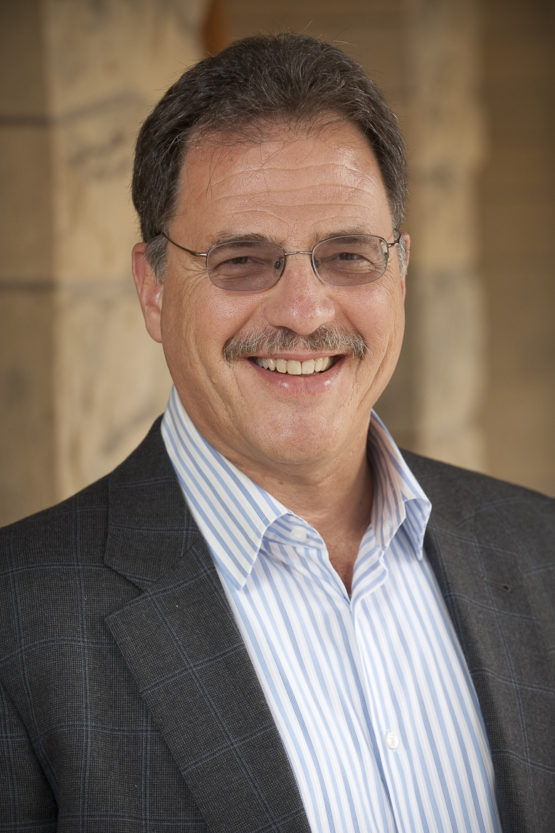
Larry Diamond (Image credit: L.A. Cicero)
Larry Diamond, a senior fellow at the Hoover Institution and at the Freeman Spogli Institute for International Studies, is the 2016 winner of the Kenneth M. Cuthbertson Award for Exceptional Service to Stanford University. The Cuthbertson Award, established by members of the faculty in 1981, was named after one of the early architects of Stanford’s long-term financial planning and fundraising program. (Cuthbertson died in 2000 at 81.)
Diamond, was honored “for nearly two decades of enthusiastic service to alumni, including leading Stanford Travel-Study trips, presenting at Stanford+Connects and Leading Matters, offering classes at Reunion Homecoming, and delivering the 2013 Class Day Lecture.”
The faculty director of the Haas Center for Public Service, Diamond was commended for his “visionary leadership” of the center during a time of “unprecedented growth,” and for “strengthening engagement and charting a bold direction for the future.” The awards citation noted his instrumental role in the launch of Cardinal Service, “ensuring that service will be central to the Stanford student experience and a defining value in the 21st century.”
Dinkelspiel Award
The Lloyd W. Dinkelspiel Award for Distinctive Contributions to Undergraduate Education, named after the late president of the Board of Trustees who served from 1953 to 1958, recognizes outstanding service to undergraduate education and to the quality of student life. The 2016 Dinkelspiel Award winners are:
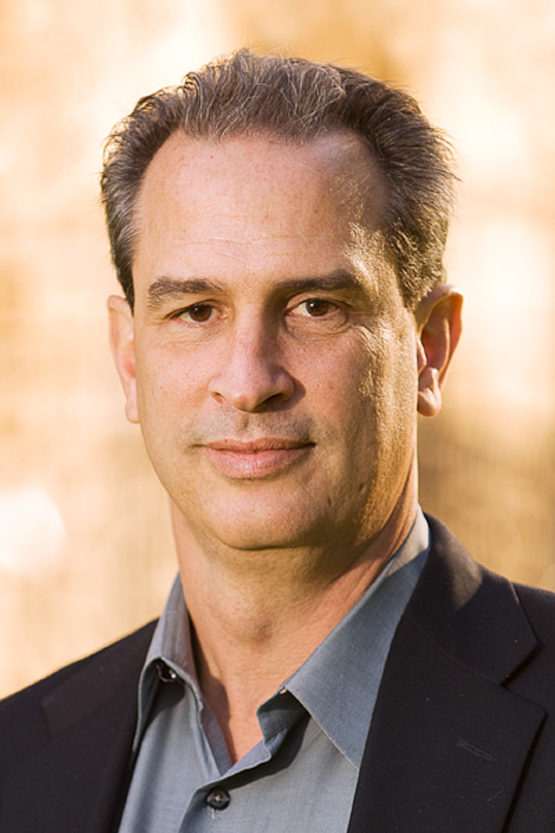
Stephen Haber (Image credit: L.A. Cicero)
Stephen Haber, professor of political science and of history, a senior fellow at the Hoover Institution and at the Stanford Institute for Economic Policy Research.
Haber, the A.A. and Jeanne Welch Milligan Professor, was honored “for his unremitting efforts in developing new approaches to undergraduate teaching and the political science curriculum, including new subfields, laboratory components and the central role of research with the Research Honors Track.”
He was commended “for teaching students the value of using a variety of disciplines and methods when tackling challenges,” and “for being an invaluable mentor and outstanding instructor, helping students develop as individuals and thoughtful citizens, as well as quality scholars.”
Haber also was honored “for his vision of a 21st-century political science education that spurred the transformation of the undergraduate curriculum and will benefit Stanford students far into the future.”
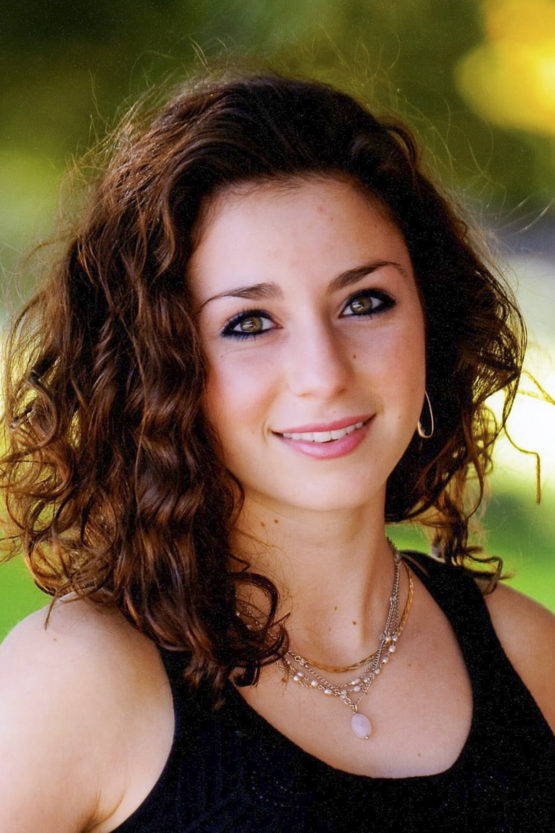
Marisa Graham Messina (Image credit: Richard Messina)
Marisa Graham Messina, a senior in symbolic systems and French, and coterminal master’s degree candidate in communication (media studies).
Messina was honored for her work and enthusiasm as a mentor, providing support to students as a writing and oral communication tutor at the Hume Center for Writing and Speaking and as a BEAM peer career consultant.
She was commended “for her leadership in the design of a peer mentorship program as chair of the Vice Provost for Undergraduate Education’s Student Advisory Group,” and for her extracurricular service, which included participation as a member of the OpenXChange working group, as co-president of the Stanford Pre-Business Association, and as a chair and panelist for judicial hearings on Honor Code violations.

Melissa Colleen Stevenson (Image credit: Christophe Testi)
Melissa Colleen Stevenson, lead academic advising director in Undergraduate Advising and Research, who was commended for her dedication to ensuring that individual students thrive.
Stevenson was honored “for her extraordinary personal commitment, from fostering community through Three Books discussions, to leading a writing group for budding science fiction writers, to emailing students late into the night.”
Stevenson also was honored “for outstanding leadership in projects that make Undergraduate Advising and Research better for everyone – from training new advisers to overseeing the development of the Cardinal Compass site and including lists of “One-Unit Wonders” valued by students and faculty alike.”
Gores Award
The Walter J. Gores Awards are the university’s highest teaching honor. They are named for the late Professor Walter J. Gores, a member of the Stanford Class of 1917 who became a professor of design at the University of Michigan. The 2016 winners are:
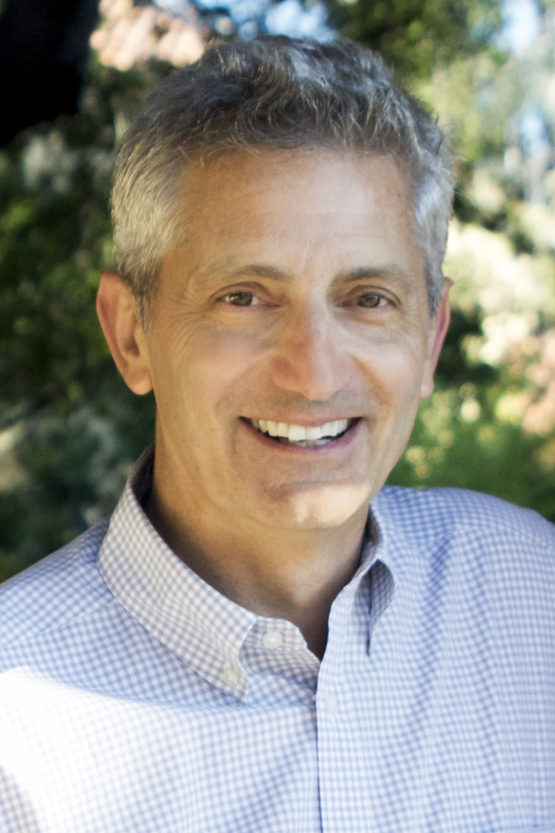
Stephen P. Boyd (Image credit: Courtesy Stephen Boyd)
Stephen P. Boyd, Samsung Professor in the School of Engineering, who was honored for making advanced mathematic topics accessible and interesting to students across disciplines.
Boyd was honored “for his signature course, Convex Optimization, which attracts more than 300 Stanford students each year, is taught at more than 100 universities and, over the past 20 years has had a profound influence on how researchers and engineers think about convex models to solve problems.”
He was commended “for revolutionizing the way mathematical optimization is taught and applied in engineering and the social and natural sciences worldwide,” and “for his new course on linear algebra for freshmen and sophomores – anticipated to become a cornerstone in undergraduate engineering mathematics.”
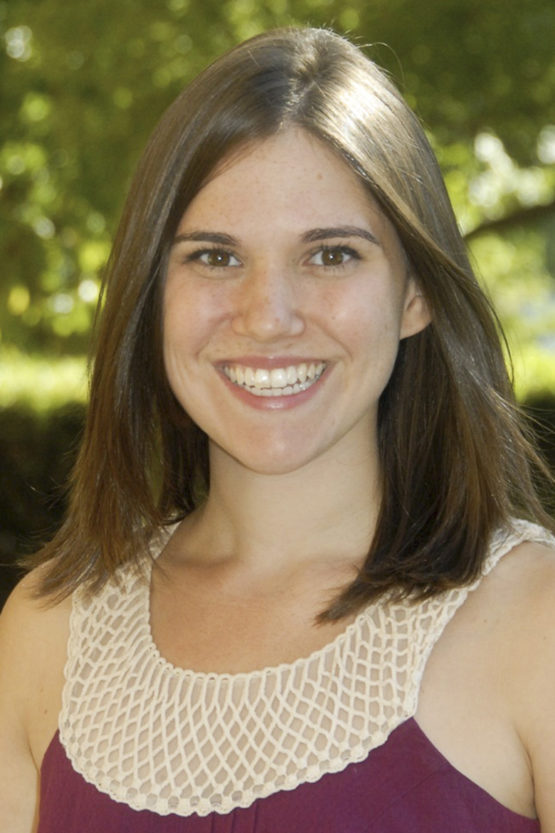
Lily Lamboy (Image credit: Jackie Sargent)
Lily Lamboy, PhD candidate in political science, who was cited for being what many of her students described as the “best TA ever.”
Lamboy was honored “for being a strong leader in the classroom, fostering balanced participation so many voices and perspectives are heard on every issue” and for her “deep commitment to pursuing social justice and stimulating civic engagement, thoughtfully challenging and changing the way students think about the world.”
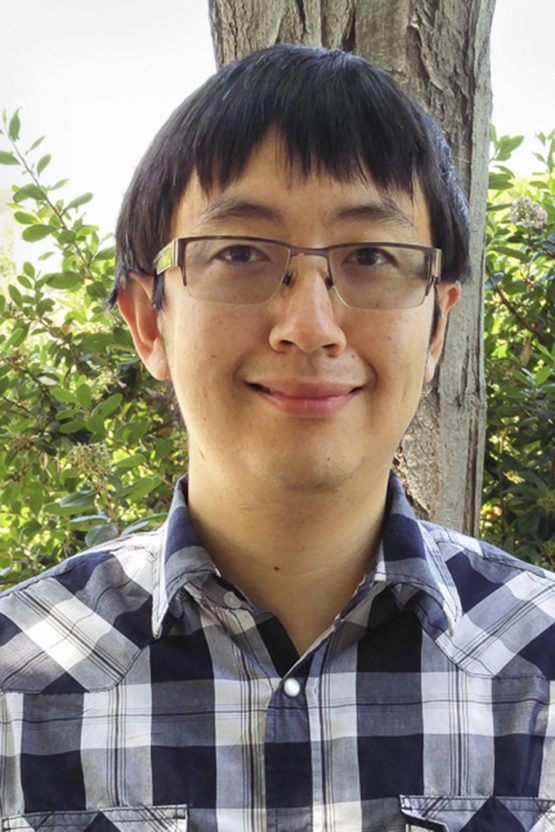
Yiyang Li (Image credit: Courtesy Yiyang Li)
Yiyang Li, PhD candidate in materials science and engineering, who was honored for his generosity as a mentor and for his dedication to improving as a teacher, even practicing his lectures in advance and encouraging feedback.
He was commended “for his impressive skills of anticipating points of confusion and making clear the traditionally difficult topic of thermodynamics in teaching a 60-student course on batteries,” and “for his ability to communicate both specific information and the greater significance of the subject – such as the importance of energy storage for society.”
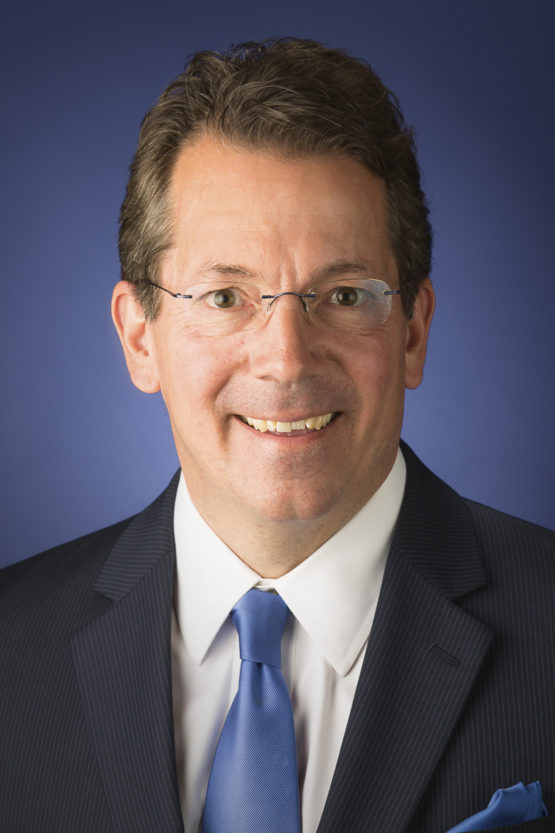
John Edward Moalli (Image credit: Mark B. Gardner)
John Edward Moalli, lecturer in chemical engineering, who was commended for combining academic study with hands-on experience and presentation opportunities and for pushing students to think creatively and develop confidence in public speaking.
Moalli was honored “for the enthusiastic and innovative teaching that has made Masters of Disaster – an introductory seminar about engineering design – a student favorite,” and “for fostering teamwork and encouraging students to learn to solve problems as a group.”
Moalli also was honored “for his legendary class trips to the Exponent Test and Engineering Center in Arizona – always carefully planned to coincide with live crash tests and described by students as the ‘best field trip ever.'”
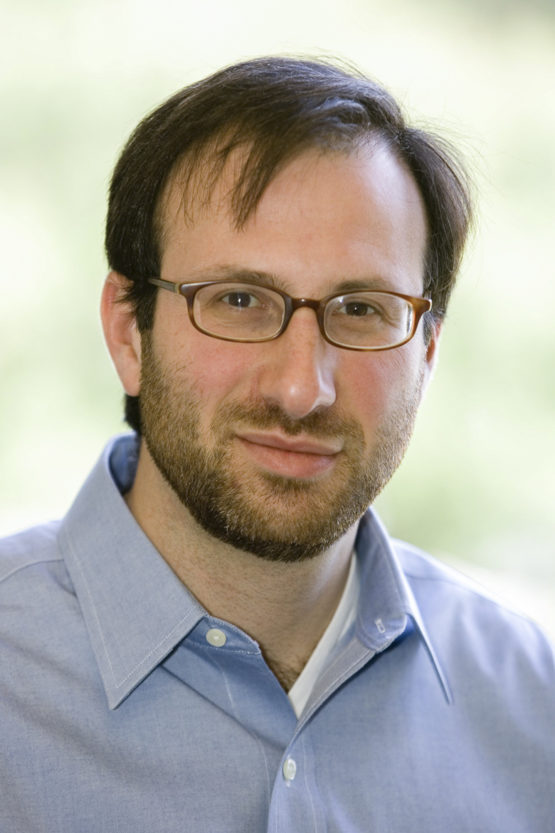
Alberto Salleo (Image credit: Courtesy Alberto Salleo)
Alberto Salleo, associate professor of materials science and engineering, who was honored for his “rare combination” of interpersonal skills, technical expertise and generosity of spirit.”
Salleo was cited “for his creative use of technology and other tools that have transformed MSE 204, Thermodynamics and Phase Equilibria – an essential and difficult course – into a fascinating exploration of fundamental materials science and one of the school’s most highly rated courses.”
He was commended “for his ingenuity in teaching – working with an instructional design team to create a graphic novel to help students become familiar with basic thermodynamic principles and ways of thinking.”
